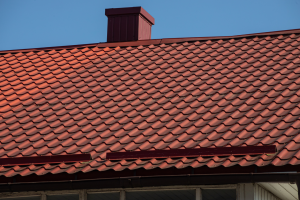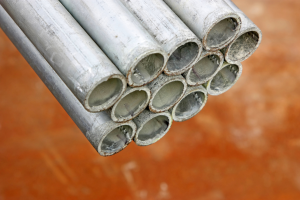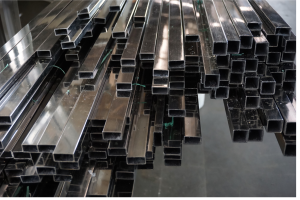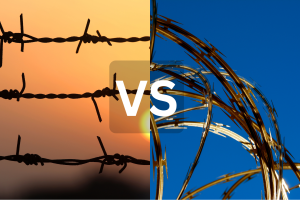Choosing the Right Fence Pipes: Materials, Installation, and Tips
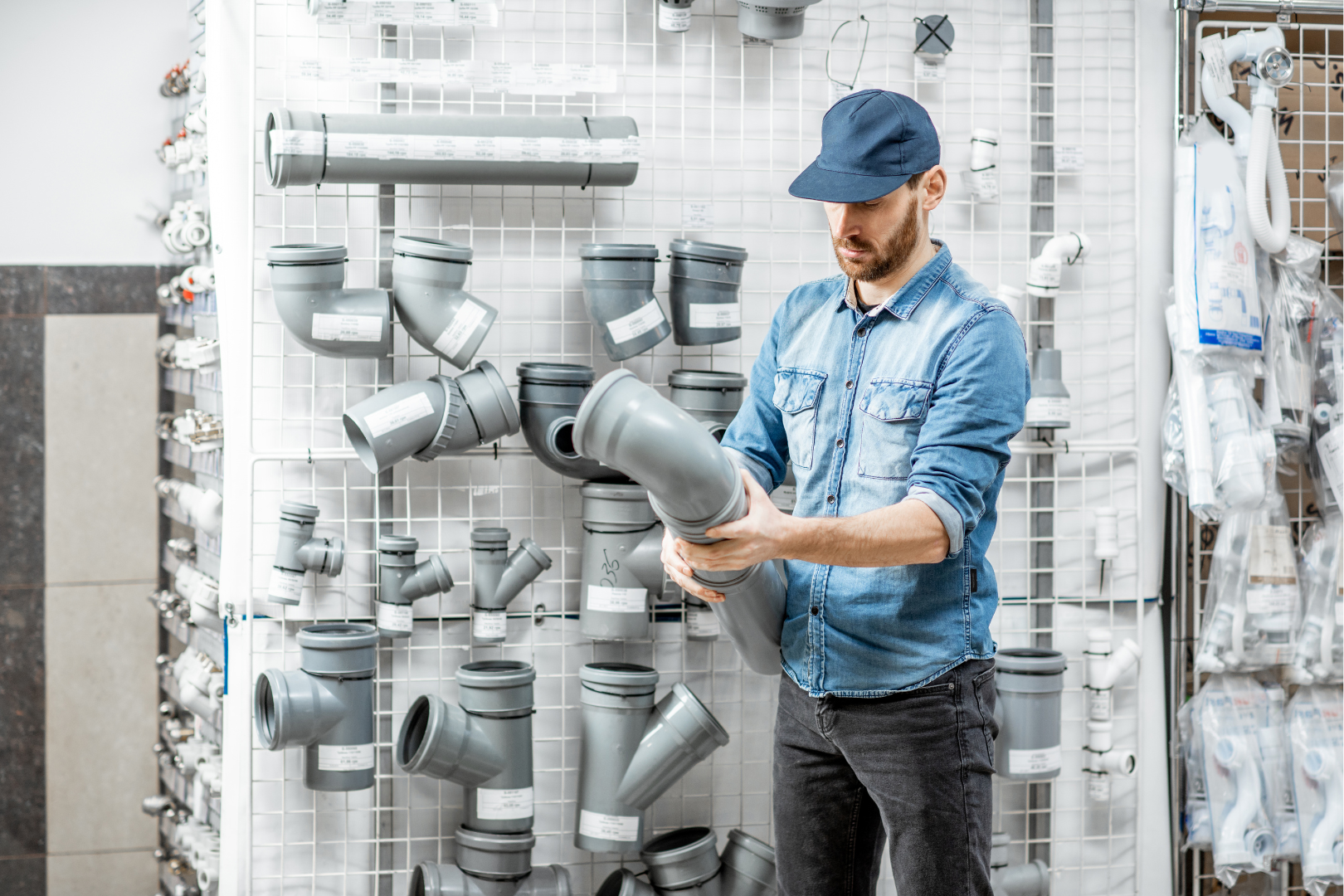
Choosing the right fence pipe is one of the most important decisions when building a strong, durable, and reliable fence. The solution is choosing the right material and that's where we at BobCo Metals come in with our high-grade fence pipes, including galvanized fence pipes, to make your fencing a long-lasting and effective one.
This blog post will guide you through the materials, installation basics , and benefits of various fencing types, giving you the information you need to make the right decision for your upcoming fencing project.
Importance of Choosing the Right Fence Pipe
The type of fence pipe used can significantly influence the strength, durability, and appearance of a fence. No matter whether you are installing a fence for residential, commercial, or industrial purposes, the right materials selection ensures that your fence can withstand the elements like corrosion and maintain its structure over time.
Common Fence Pipe Materials
There are several types of fence pipes available, each with unique features:
1. Galvanized Fence Pipe
Most fence pipes will be galvanized, meaning steel pipes coated with a layer of zinc that prevents them from rusting and corroding. Ideal for outdoor applications and areas with moisture.
Advantages:
- Highly durable and long-lasting
- Corrosion-resistant
- Low maintenance
- Suitable for residential, commercial, and industrial fencing
2. Black Steel Fence Pipe
These pipes are typically untreated steel pipes and are commonly used in projects where the visual aspects and surface finish are important. Nevertheless, they must be coated or treated to avoid rusting, especially outside.
3. Aluminum Fence Pipe
Aluminum fence pipe is also lightweight and inherently rust resistant, making it a common choice for residential fencing projects. Although they have decent corrosion resistance, they typically are weaker than steel pipes.
Fence Pipe Installation Basics
Proper installation is essential to make sure your fence pipe setup is secure and long-lasting. Here are a few basic steps:
- Measure and Mark: Determine where each pipe will go by marking out your fence line.
- Dig Post Holes: Dig holes deep enough to support the height and weight of your fence, typically one-third of the total pipe length.
- Set the Pipes: Place the fence pipes into the holes, making sure they are level and evenly spaced.
- Secure with Concrete: Pour concrete around the base of each pipe to hold it firmly in place.
- Attach Fencing Material: Once the concrete sets, attach your fencing material (chain link, panels, or wire) to the pipes.
How to Choose and Maintain Fence Pipes
- Choose galvanized fence pipes for areas exposed to moisture, rain, or harsh weather conditions.
- Make sure pipes are the correct diameter and wall thickness for the type of fence you’re constructing.
- If using untreated pipes, regularly check those pipes of the fence for rust or wear.
- Regular cleaning of the pipes to get rid of dirt and debris will go a long way in it lasting longer.
- Always use the right tools and materials for a secure and professional installation.
Why Buy from BobCo Metals?
We carry a wide variety of fence pipes at BobCo Metals, including heavy-duty galvanized fence pipes to fit any application! Our goal is simple; to ensure that our customers always have access to the best fencing materials to meet their needs at a price point that works for them.
Our products include:
- Galvanized fence pipes in various sizes and thicknesses
- Custom cutting services
- Expert advice to help you choose the right materials
Final Thoughts
For a fence that’s strong, secure, and sturdy, you’ll need to select the right fence pipe. By knowing the materials and the installation steps and using good-quality galvanized fence pipes, you can make sure your fencing project lasts for a long time.
For the superior selection of fence pipes in the area, visit BobCo Metals or contact us for more information and expert advice.



